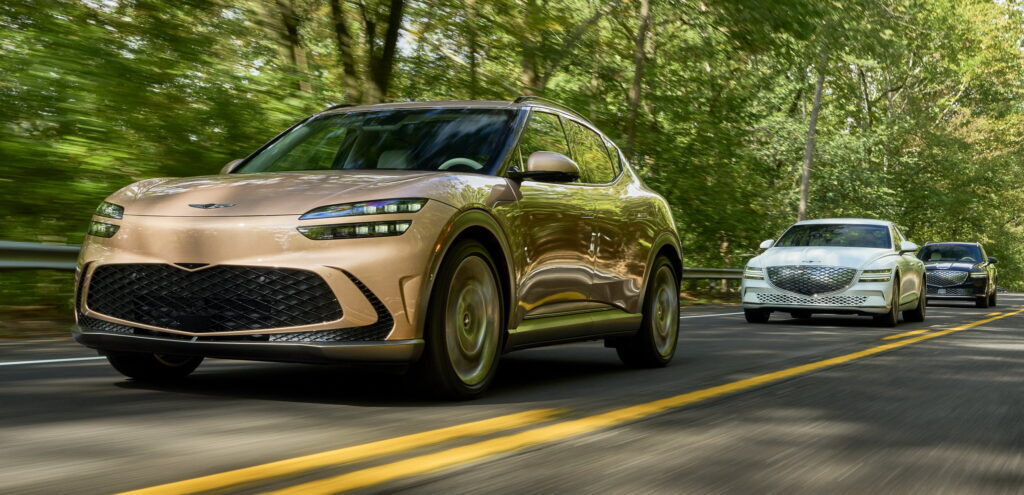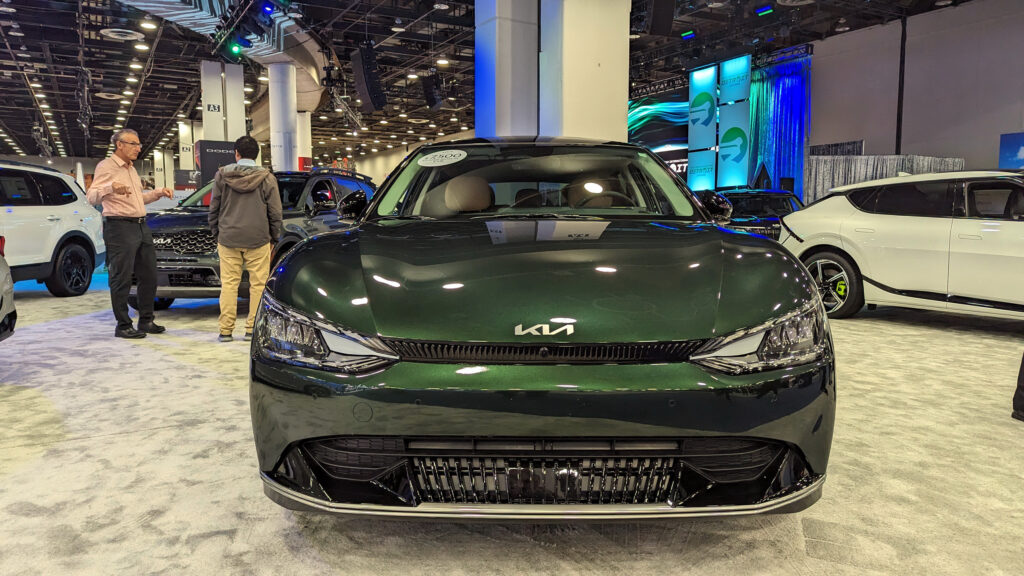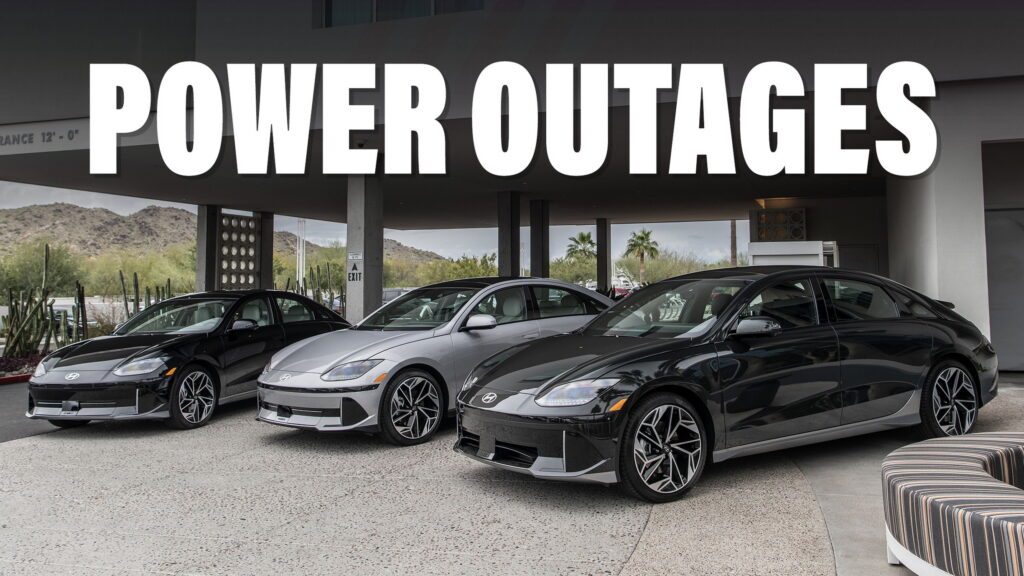The Hyundai Motor Group is launching a massive recall of several electric vehicles across its three brands. So far restricted to the South Korean market, the campaign seeks to remedy an issue with the integrated charging control unit (ICCU).
The recall affects electric vehicles based on the E-GMP platform, including the Hyundai Ioniq 5 and Ioniq 6, the Genesis GV60, GV70, and G80 EVs, as well as the Kia EV6. In all, the company must repair 169,932 vehicles in South Korea whose ICCUs may be defective, and may cause the vehicles to lose power while on the road.
That makes this the biggest single recall of vehicles based on the electric-only E-GMP platform since it was launched in 2021, per Business Korea. However, if Hyundai decides to expand the recall to other markets, it may need to recall as many as 500,000 additional vehicles.
Read: Another Month, Another Jaguar I-Pace Recall, Yet Again Over Fire Risk

Complaints in the U.S. too
And there’s reason to believe it might. The National Highway Traffic Safety Administration (NHTSA) opened an investigation into these vehicles’ ICCUs in June 2023. Its preliminary report suggests that over-current can occur in the part, damaging the transistors, and preventing the 12V battery from recharging.
NHTSA says that it has received 30 complaints of this problem occurring in the U.S. Owners report hearing a loud popping noise, followed by a warning message on their dashboard. While some owner only experienced a reduction in power, some lost it completely.
Hyundai and Kia have been aware of this problem for some time, and have been offering owners a free repair since last year, per Business Korea. However, it has now decided to launch a recall as reports of power losses continue to roll in.
In order to remedy the issue, the Hyundai group plans to install a software update in all affected vehicles. Where necessary, it will also replace the ICCU completely.
Hyundai is no stranger to massive EV recalls. In 2021, it cut the first-generation Kona EV’s life short in South Korea following a recall of around 100,000 vehicles globally. However, in that case, the issue that caused the campaign, and soured the vehicle’s reputation, was an elevated fire risk. There is no indication that the ICCU issue can have a similar outcome.





